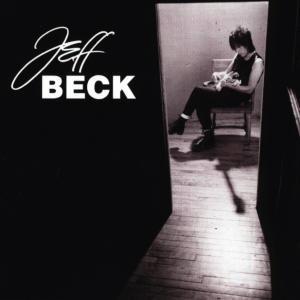
| Artist: | Jeff Beck |
| Title: | Who else! |
| Released: | 1999 |
| Label: | Sony Music |
| Time: | 53:58 |
| Producer(s): | Jeff Beck, Tony Hymas |
| Appears with: | The Yardbirds, Rod Stewart |
| Category: | Rock |
| Rating: | *********. (9/10) |
| Media type: | CD |
| Purchase date: | 2000.02.07 |
| Price in €: | 9,67 |
| Web address: | www.jeffbeck.com |